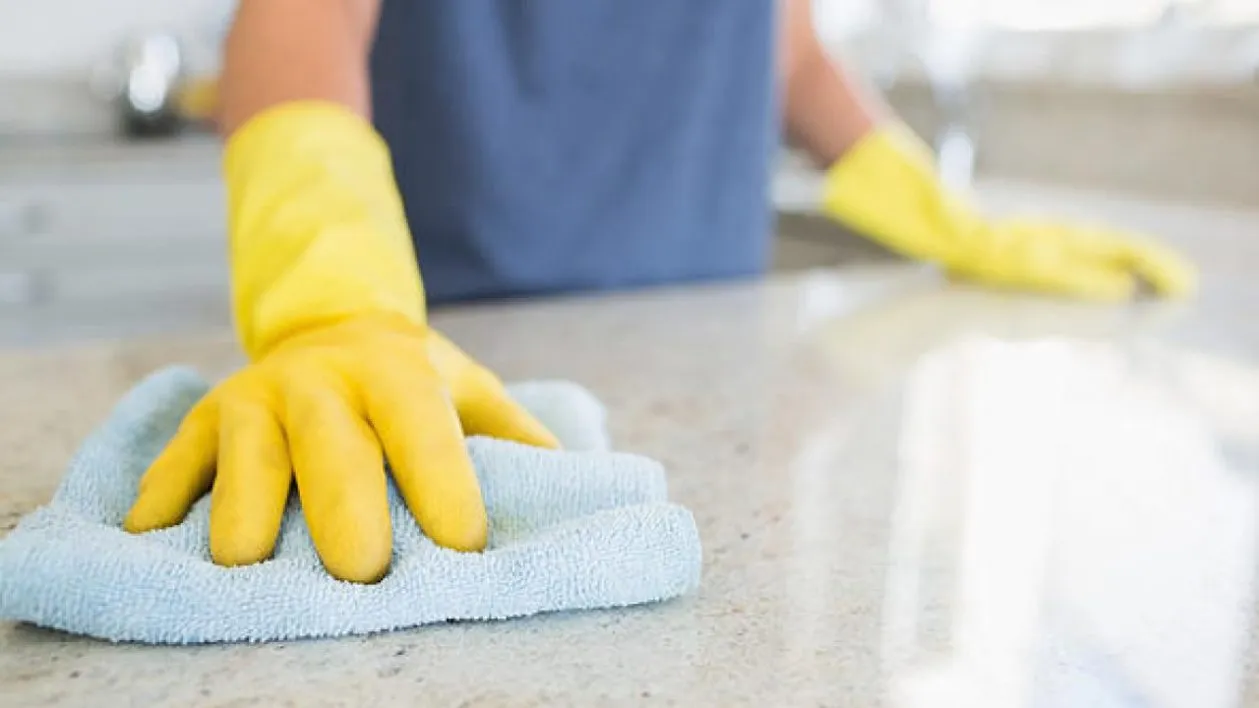Looking After Your Quartz Worktops
Cleaning your quartz surfaces is the easiest way to keep them looking great. This guide will help you keep your quartz worktops looking beautiful and serving their function effectively, and help ensure they look great many years down the line.
Cleaning your quartz worktop is simple. Cleaning is accomplished using a mild detergent diluted in water. Do not use other harsh chemicals or abrasive cleaners, as they may affect the surface of the worktop and/or change its color. For stubborn spots, use an appropriate quartz cleaner and dont forget to rinse the surfaces after cleaning.



kitchen.webp)





